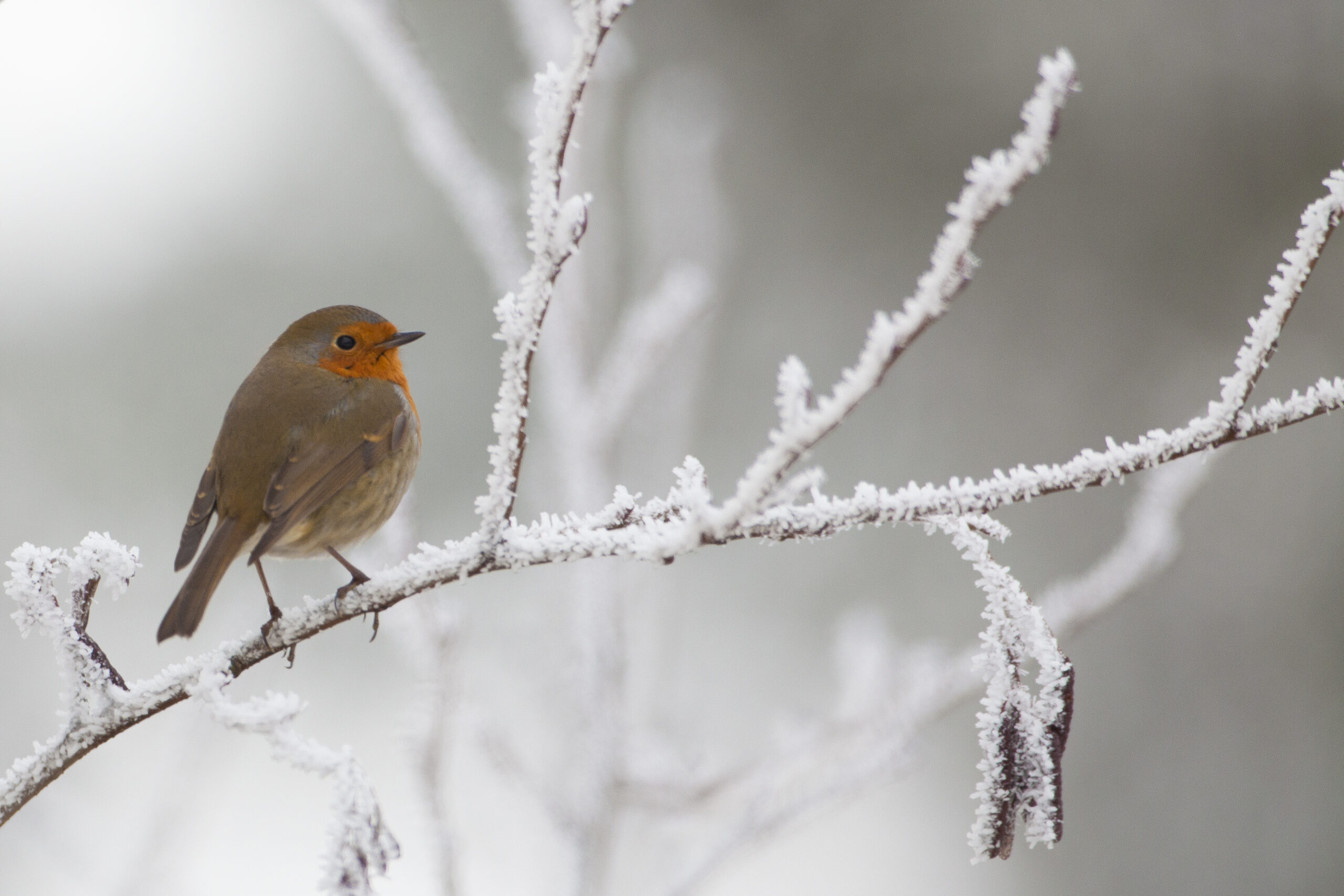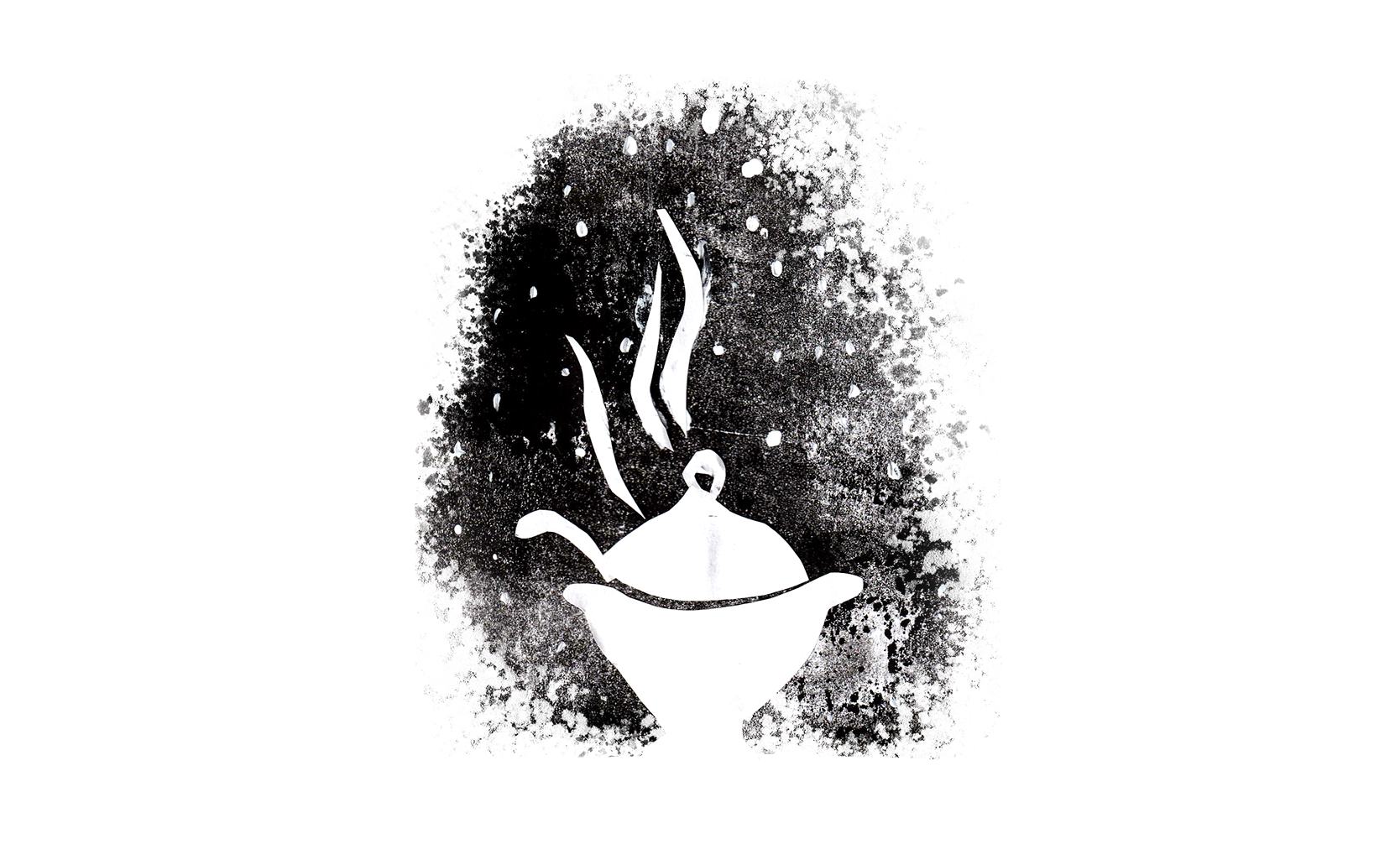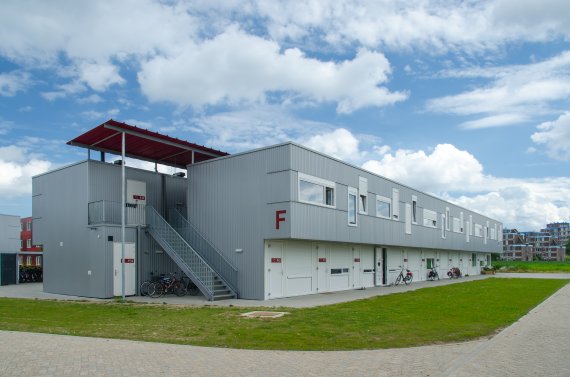One advantage of working from home is that instead of the seemingly barren Campus, I look out onto the walnut trees in the garden. The trees are alive with little birds. Don’t they get terribly cold?
That is not the case, says Sander Gussekloo, a lecturer of Experimental Zoology. ‘Birds have a so-called counter-current system in their feet, a heat exchange system, so to speak. The artery carrying the warm blood from the body to the feet is directly adjacent to the vein that transports the blood back to the body. The warm blood emits heat and warms the blood travelling back to the body, which causes the blood to have cooled almost completely by the time it reaches the feet. The cold blood from the feet is warmed up before it flows back into the body. This conserves as much heat as possible.’
Birds have a type of heat exchange system
Sander Gussekloo
A wonderful solution. Still, I feel uncomfortable if my feet are constantly cold. How about the birds? ‘A bird foot is almost entirely made up of bone, sinews and skin. The skin is quite thick and scaly, their feet are not very sensitive. In addition to bones and sinews, we also have muscles and sensitive skin, which is why we don’t like having cold feet.’
Torpor
Birds also have an extra trick up their sleeves for the really cold days. ‘If it’s in the heart of winter and they are unable to find sufficient food, birds go into a type of hibernation, called torpor. They lower their level of activity and body temperature to conserve energy. This is why bird feeders are important, especially in the winter. They provide shelter for birds in torpor, so that they don’t lose additional energy to the cold, or become a cat’s lunch.’
Birds are not the only creatures with a built-in heat exchange system. Some plains animals have a similar system in their noses. The air they inhale passes along the blood vessels and cools—a nifty way to prevent overheating if you can’t sweat.

 A robin with cold feet? Photo: Shutterstock
A robin with cold feet? Photo: Shutterstock 

